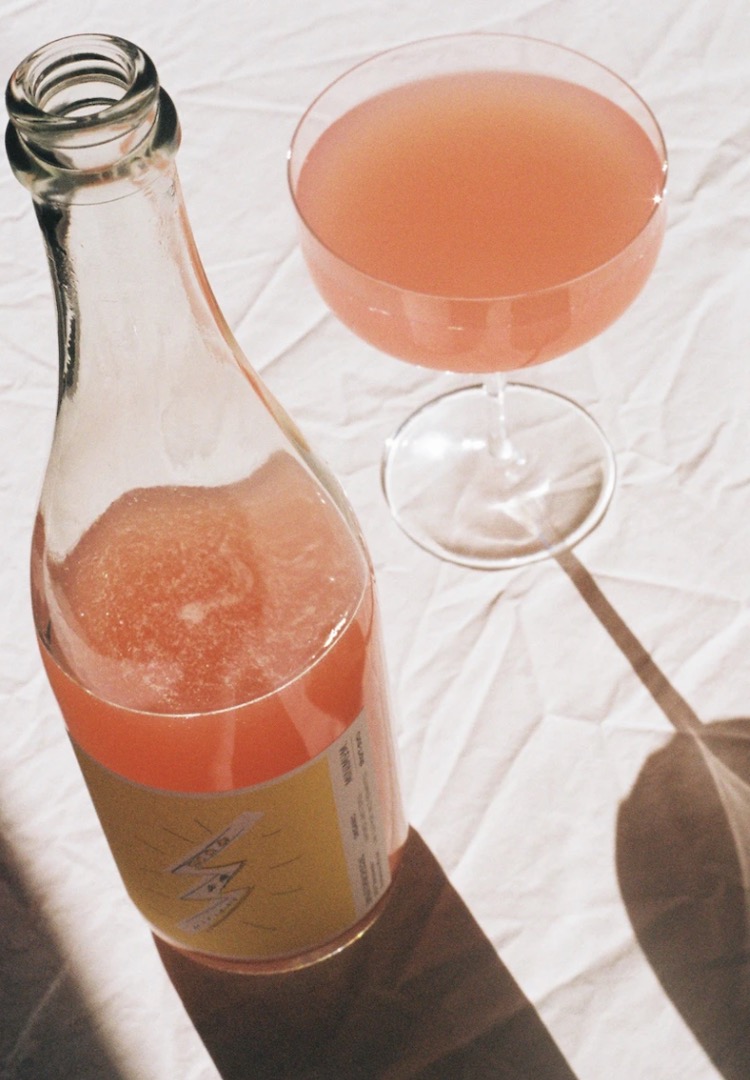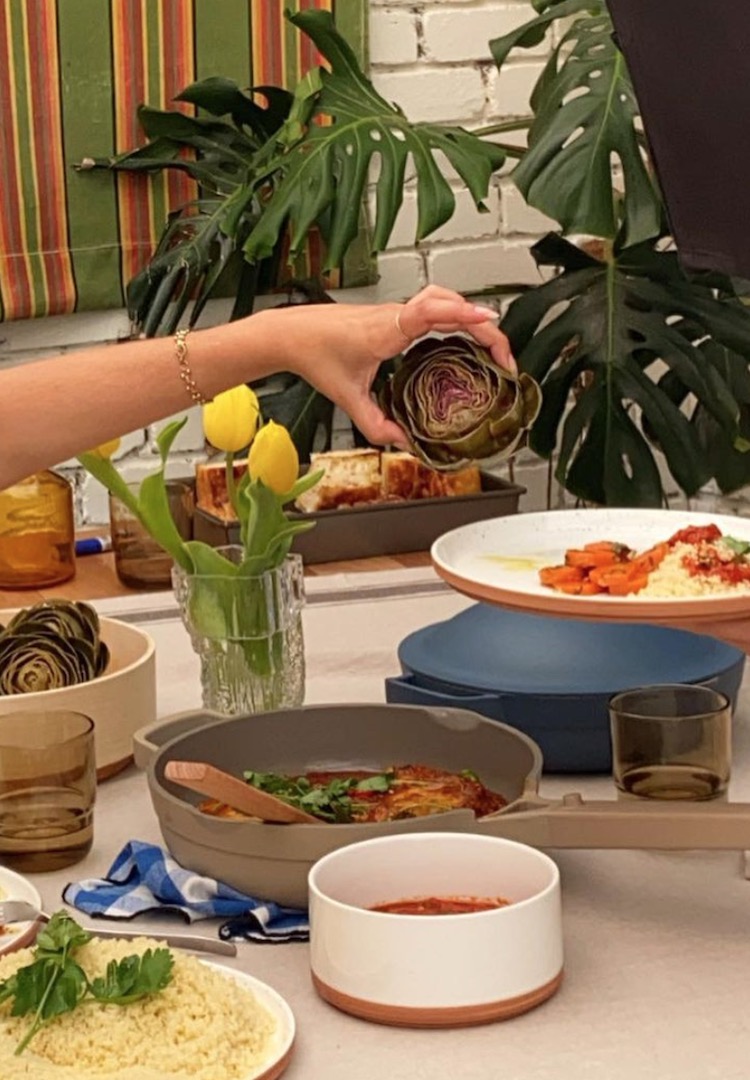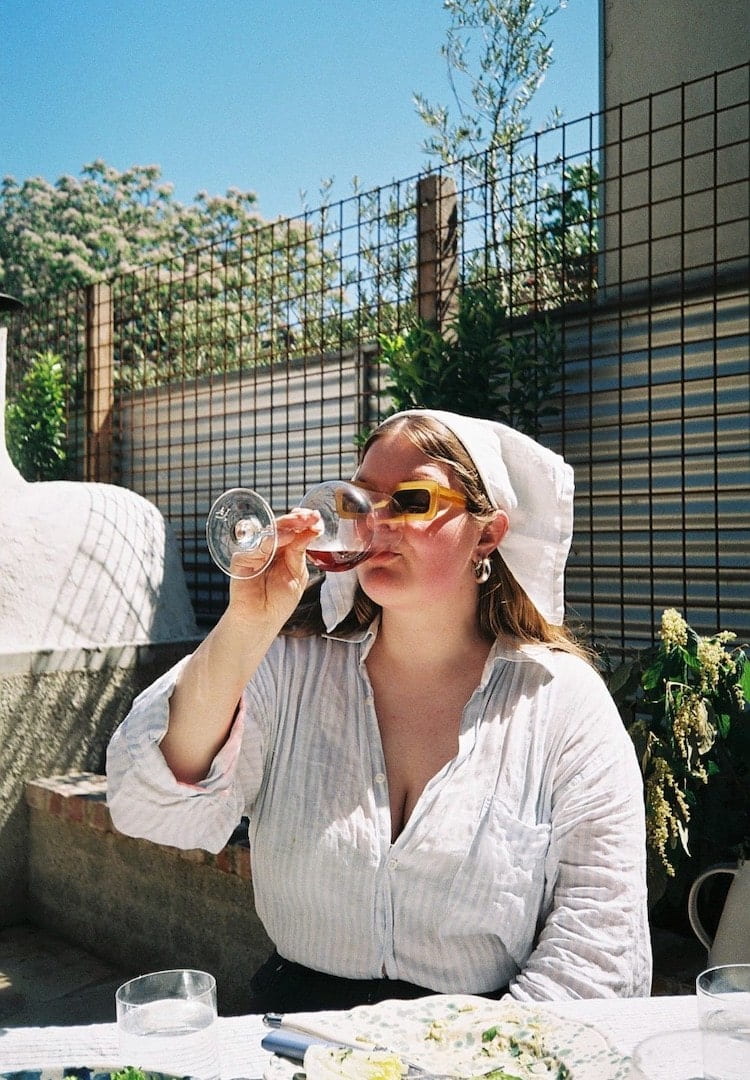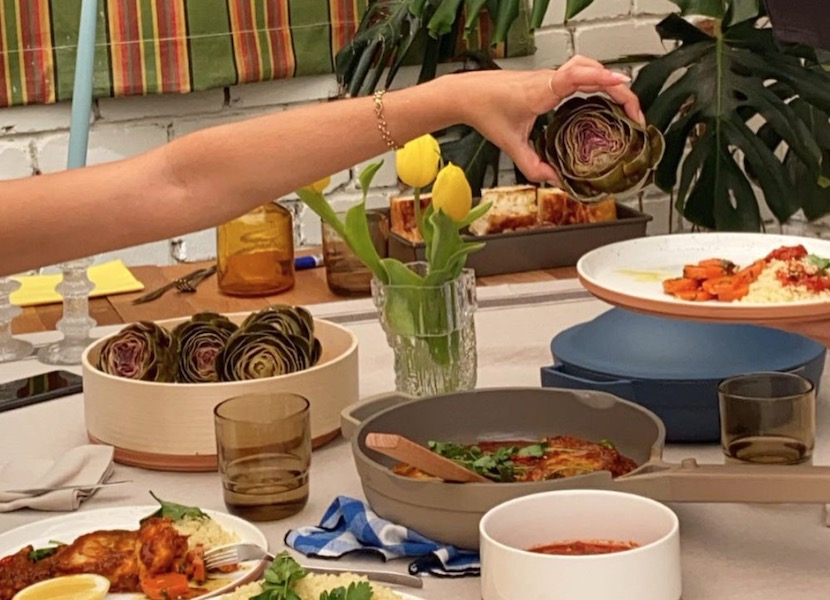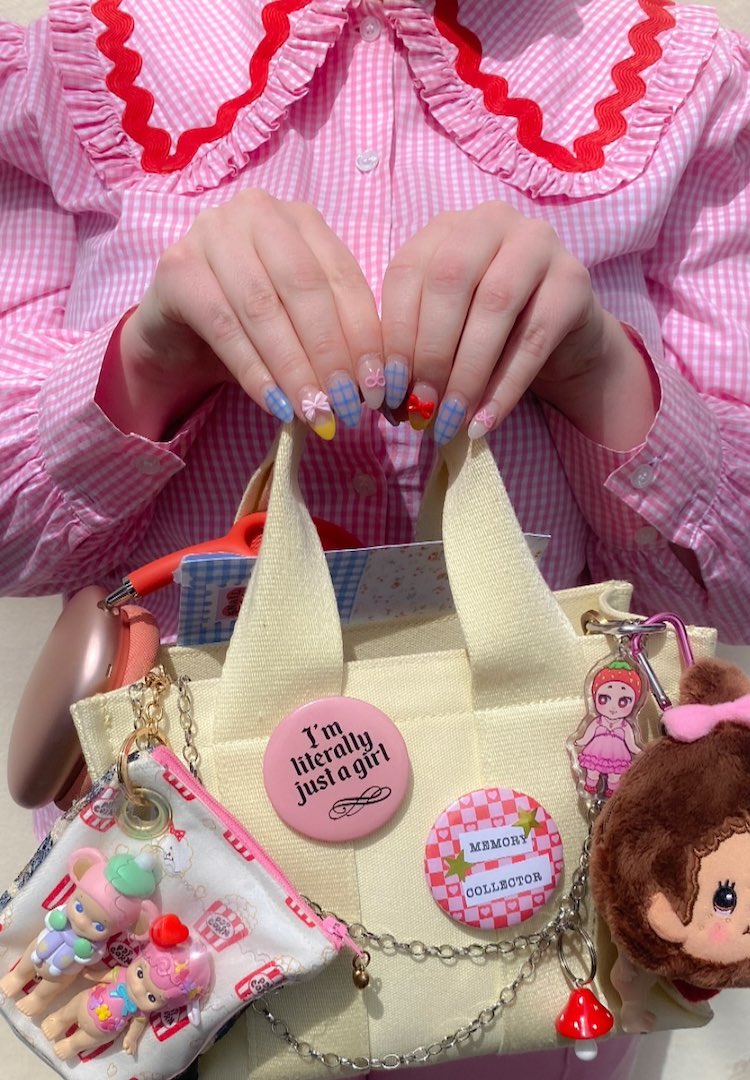Why do I feel like a bad feminist for enjoying my time spent in the kitchen?
IMAGE VIA @ELLIES.TABLE/INSTAGRAM
WORDS BY HANNAH COLE
Is an ardent love for cooking compatible with modern-day feminism?
“I’m a feminist, but…” begins each episode of the award-winning podcast, The Guilty Feminist. It’s a hilarious opening that sets the show’s tone, as the host Deborah Francis-White and her guests discuss the woes of modern femininity. We’re feminists but we love soft furnishings, care about our calorie intake or obsess over ring lights.
Well, I’m a feminist, but I love the kitchen. I completely and utterly adore my kitchen. I am what writer Dayna Tortorici would call a ‘kitchen person’: one who likes to cook, linger, and hover in the kitchen, even at a house party (guilty). To me, a kitchen is a place of community, warmth and nourishment; it feeds my soul and the bodies of those around me.
If you’re craving more personal essays, there’s an abundance in our Life section.
But like Dayna admits, “It feels fraught to admit that I like my kitchen; to say, ‘I enjoy being in the kitchen’… Why? For the same reason it feels reckless to say ‘I want children’ or ‘I enjoy staying at home’ – because those who would make it compulsory don’t need the ammunition.”
Where does this guilt stem from?
My heart knows that modern feminism is about choice and empowerment. It’s about breaking free of the pigeon holes from the past. Enjoying cooking and baking is not anti-feminist in this light, yet my mind often tells me that I am one cake away from becoming a Stepford Wife of the 21st Century.
I trace this back to the movement of second-wave feminism – around the 1960s – when activists like Betty Friedan fought for women in the workplace to have the opportunity for professional careers. A feminist, they believed, was someone who was not a housewife or who felt uncomfortable with full-time domestic duties.
Traditional family dynamics determined that it was a woman’s role to cook wholesome meals and a man’s ‘right’ to return from work and subsequently ingest. While I am sure this was rewarding for some women (and that, of course, is completely fine), it must have been relentlessly grating and minimising for many.
Growing up, my mum stayed home. One perk was returning from school to the smell of freshly baked banana bread or cookies, which I am forever grateful for. I learnt the importance and privilege of good, home-cooked, preservative-free food. In the holidays, we would bake together and I would learn basic cooking skills. Yes, she has a passion for typically ‘feminine’ hobbies – sewing, baking, etc.
But my mum is definitely a feminist. We (my sisters and I) weren’t forced into the kitchen but instead were encouraged to appreciate it. As she tells me, “I do think it is really important for everyone to know how to feed themselves, without having to outsource to UberEeats.” She didn’t pass on any unconscious guilt to me, it was age and cultural depictions that had their way.
Reframing cooking as a tool for power
As my mum acknowledges, there is a certain power that comes with cooking. Could reframing my idea of cooking help eradicate the guilt? I spoke to two women I look up to in the local food industry to understand this further, food creative Meg Yonson and home-cook/biz whiz Jessica Nguyen.
Meg’s view of cooking is starkly different from my own, making me pause for consideration. For her, learning to cook was her form of rebellion as a young teen, growing up in an immediate family of non-cooks. While I thought I was falling into a misogynistic trap, Meg cultivated her entrepreneurial skills and passion for creating nutritious meals.
However, the women in her extended family were powerful female influences in the kitchen: an aunt who made something out of nothing, a cousin who became a pastry chef, and a grandmother highly regarded as the local female butcher. “The females in my life around food were quite hardcore. My grandmother would come around and feed us kids sausages, and that would be all we would eat. No vegetables,” she mentions.
Meanwhile, Jessica echoes the idea of empowerment, and not just for women. “Some women might think cooking is such a ‘housewife’ thing, and I try to not showcase it as that. I just think it’s a way of life and a way to be an adult. Everyone should know how to make a good pasta. Everyone should know how to cook a nice meal for them or for others,” she tells me.
Why did Jessica turn her enterprising know-how to the kitchen last year? Put simply, because she loves it. We overcomplicate things; it doesn’t have to be an us versus them mentality. Feminism, she notes, is all about choice and having the freedom to choose what you do with your life.
In the same vein, Nigella Lawson encourages women to cook from a place of pleasure. She started teaching us to enjoy food and have fun with it back in the ’90s. Before Nigella, Julia Child was a stoic believer in creating beautiful things to eat and finding pure enjoyment in doing so. Cooking is essential for everybody.
Getting out of the ‘stuck in the kitchen’ mindset
Half my problem is that I don’t like being alone in the kitchen. It’s like banishment to your room, only it involves additional work; I’ve been sent to the scullery. It can be at once my favourite room (for gathering, for working, for listening to music) and my most detested.
This is something Meg can also relate to as well. Of a short-lived relocation to a federation-style home, she says, “I hated every micro-second that we lived there. I’ve never felt like I was that person slaving away in the kitchen until I moved into that place because everyone was separate, everyone was enjoying themselves in the living room because there was no way to interact in the kitchen.” Her current, smaller apartment is open plan and inclusive. Now there is flow, involvement, conversation and an enjoyable atmosphere.
Jessica approaches cooking as a form of self-care, another meaningful way to modernise time spent in the kitchen. It makes her feel good, whether cooking for herself or others. “It nourishes you, and there’s always a really delicious, physical outcome at the end of it.” It’s also a love language, a way of “spreading a little joy to people”.
When I think about cooking in this light, focusing on the glowing positives instead of the traditional mindset, it becomes an impressive tool. It will keep me alive. It will keep me learning (there are always new skills and recipes to try). It will convey an “I love you” or “I care” when the words don’t come easily. It will allow me to zone out, close the computer, and focus on something else.
There is no shame in these things; there is no shame in finding joy in the kitchen, just as there is no shame in staying home, purchasing homewares or choosing to work long hours. Because it’s all a choice, and if you’re doing what you love, it shouldn’t be an avenue for guilt.
Read more on cooking and feminism here.

